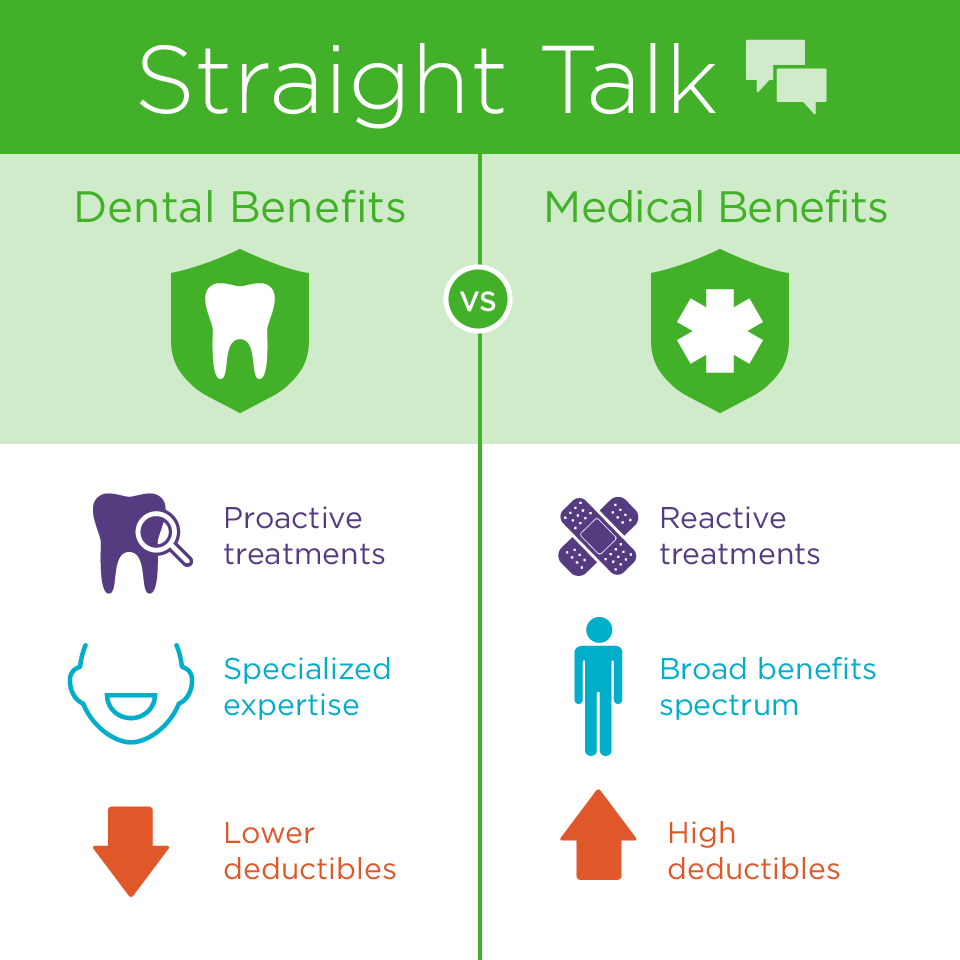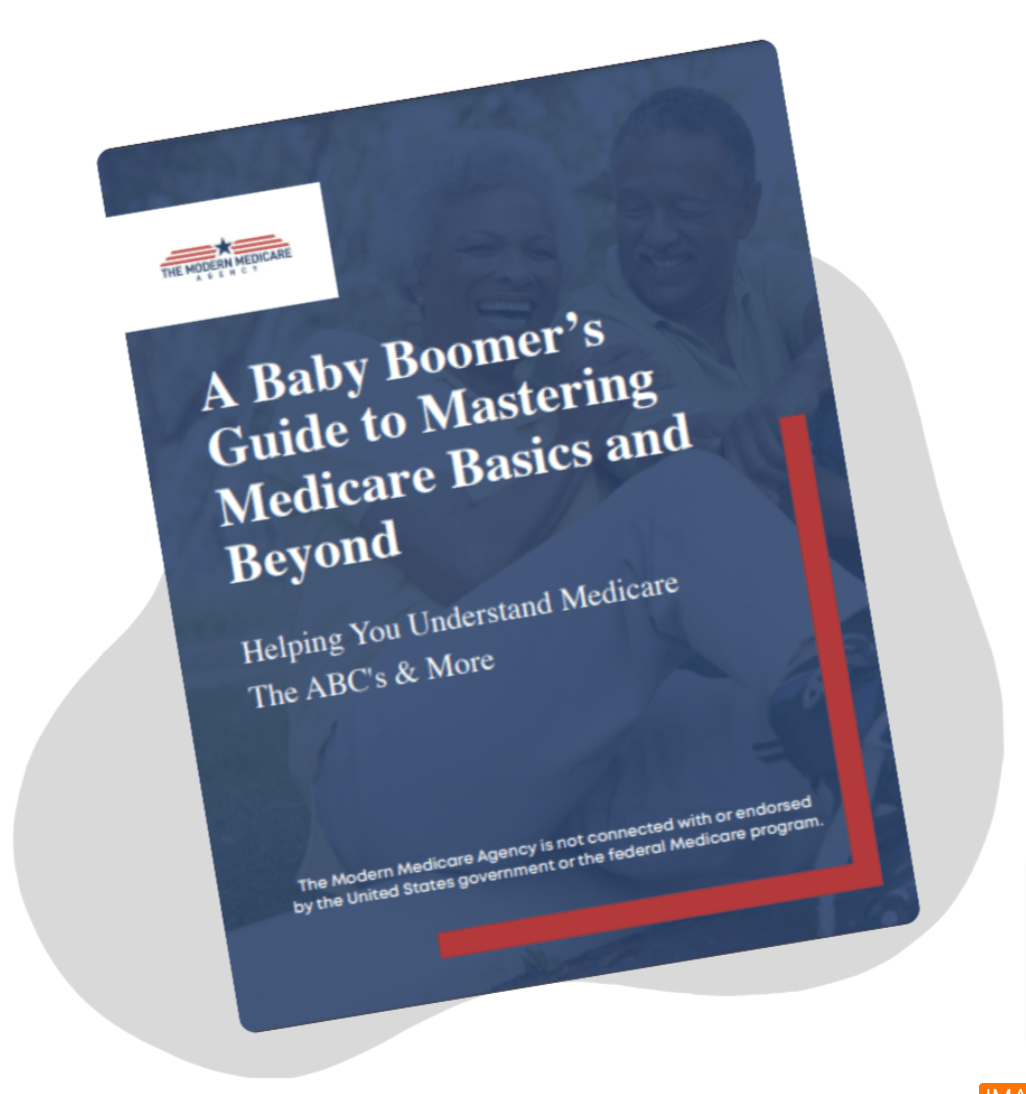Medicare Advantage Agent Fundamentals Explained
Medicare Advantage Agent Fundamentals Explained
Blog Article
About Medicare Advantage Agent
Table of ContentsAll about Medicare Advantage AgentMedicare Advantage Agent - The FactsThe Ultimate Guide To Medicare Advantage AgentNot known Details About Medicare Advantage Agent Things about Medicare Advantage AgentSee This Report on Medicare Advantage AgentNot known Facts About Medicare Advantage Agent

Major health problems can cost sometimes that. Healthcare coverage assists you get the treatment you require and protects you and your household monetarily if you get ill or wounded. You can get it via: Your work or your partner's work, if the company offers it. You should fulfill eligibility requirements for government healthcare programs. For more details regarding federal government programs, check out Benefits.gov. Discover more: Health insurance coverage: 5 points you may not understand Enjoy: Are you suddenly needing health and wellness insurance coverage? You can add your household to a work health insurance. If you acquire from an insurance coverage firm or the marketplace, you can buy
a plan that additionally covers your family members. They do not need to live in the house, be enrolled in college, or be asserted as a depending on your tax return. You can keep married children on your strategy, however you can't include their partners or youngsters to it. If you have reliant grandchildren, you can keep them on your strategy till they turn 25. You can get at other times only if you shed your insurance coverage or have a life modification. Life changes include points like marrying or
separated, having a baby, or adopting a kid. You can enroll in a work health insurance plan when you're first worked with or have a major life change. They can not reject you insurance coverage or cost you much more due to a pre-existing condition or handicap. The expense depends on your conditions. You'll have to pay costs and part of the cost of your treatment. A premium is a month-to-month charge you pay to have coverage. To determine your premium, insurer will certainly consider: Your age. Whether you smoke or make use of tobacco. Whether the insurance coverage is for one person or a family members. They may rule out your gender or health variables, including your case history or whether you have a handicap. Premiums for private plans are locked in for one year. Fees normally go up when the plan is renewed to show your age and higher wellness treatment prices. All health insurance plan require you to.
pay some of the expense of your healthcare. This is called cost-sharing. In enhancement to premiums, you normally must meet an insurance deductible and pay copayments and coinsurance. A is the quantity you need to pay before your plan will pay. If your insurance deductible is$ 1,000, your strategy will not pay anything up until you've paid $1,000 on your own.
The amounts differ by plan. Your health strategy could pay 80 % of the cost of a surgical procedure or health center keep.
The portion you pay in coinsurance varies by plan. You typically do not need to pay coinsurance in an HMO. Federal legislation sets limits on the quantity you pay out of pocket in a strategy year. Some strategies have lower out-of-pocket restrictions. After you reach the restriction, you don't have to pay copayments or coinsurance for the rest of the plan year.
The smart Trick of Medicare Advantage Agent That Nobody is Talking About

The 4 kinds are: HMO plans. Special company (EPO) strategies. Preferred provider (PPO) plans. Point-of-service strategies. All 4 types are handled treatment strategies. This suggests they contract with physicians and various other healthcare service providers to treat their members at discounted prices. These companies comprise a plan's network. Managed treatment plans limit your choice of physicians or urge you to use doctors in their networks.
The plans vary in the extent to which you can use physicians outside the network and whether you need to have a medical professional to supervise your care. You should use companies in the HMO's network. If you do not, you may have to pay the full price of your treatment yourself. There are exceptions for emergencies and if you require treatment that isn't offered in the network. Medicare Advantage Agent.
The amounts vary by strategy. Your health and wellness strategy might pay 80 % of the expense of a surgery or healthcare facility keep.
Excitement About Medicare Advantage Agent
The percentage you pay in coinsurance varies by strategy. Federal regulation establishes limits on the amount you pay out of pocket in a plan year.
A strategy year is the 12-month period from the date your coverage started - Medicare Advantage Agent. There are 4 kinds of significant clinical health and wellness plans in Texas.
The four types are: HMO strategies. Unique company (EPO) plans. Preferred service provider (PPO) plans. Point-of-service plans. All four kinds are handled care strategies. This suggests they contract with doctors and various other health and wellness care suppliers to treat their participants at discounted prices. These suppliers comprise a plan's network. Taken care of treatment plans limit your selection of medical professionals or motivate you to use medical professionals in their networks.
The plans vary in the extent to which you can make use of doctors outside the network and whether you have to have a physician to oversee your care. You have to utilize providers in the HMO's network. If you don't, you could need to pay the full expense of your care yourself. There are exceptions for emergency situations and if you need care that isn't readily available in the network.
Medicare Advantage Agent - Questions
You'll likewise have a copayment if you most likely to the emergency situation area or see a specialist. The amounts differ by plan. is a check my blog quantity you pay for a protected solution after you've satisfied your insurance deductible. It's normally a percent of the cost of the service. Your health plan might pay 80 % of the cost of a surgical treatment or healthcare facility remain.

The percent you pay in coinsurance differs by plan. You generally don't need to pay coinsurance in an HMO. Federal legislation establishes limitations on the quantity you pay out of pocket in a strategy year. Some plans have reduced out-of-pocket limitations. After you get to the limitation, you don't need to pay copayments or coinsurance for the remainder of the strategy year.
A plan year is the 12-month duration from the day your protection started. If your protection started on September 1, your strategy year lasts until August 31. Discover more: Just how to conserve money at the doctor Treatment choices and costs There are 4 kinds of major medical wellness try here plans in Texas.
Unique provider (EPO) plans. All 4 kinds are managed treatment strategies. Managed treatment strategies limit your selection of physicians or urge you to utilize medical professionals in their networks.
Little Known Questions About Medicare Advantage Agent.
The strategies differ in the extent to which you can utilize doctors outside the network and whether you should have a medical professional to manage your care. If you do not, you might have to pay the complete price of your care on your own.
The quantities differ by strategy. Your health and wellness plan might pay 80 % of the cost of a surgery or healthcare facility remain.
The portion you pay in coinsurance differs by strategy. You generally don't need to pay coinsurance in an HMO. Federal law sets limits on the quantity you pay out of pocket in a strategy year. Some strategies have lower out-of-pocket restrictions. After you get to the limitation, you don't have to pay copayments or coinsurance for the remainder of the strategy year.
A strategy year is the 12-month duration from the date your insurance coverage started. There are 4 types of major clinical health and wellness plans in Texas.
Rumored Buzz on Medicare Advantage Agent
The 4 kinds are: HMO strategies. Special service provider (EPO) plans. Preferred company (PPO) strategies. Point-of-service strategies. All four types are managed treatment plans. This implies they contract with physicians and various other wellness care carriers to treat their participants at reduced rates. These carriers comprise a strategy's network. Taken care of treatment strategies restrict your selection of doctors or motivate you to use medical professionals in their networks.
The plans differ in the level to which you can make use of medical professionals outside the network and whether you need to have a doctor to manage your care. You need to make use of service providers in the HMO's network. If you do not, you may need to pay the complete cost of your treatment yourself. There are exceptions for emergency situations and if you need care that isn't available in the network.
Report this page